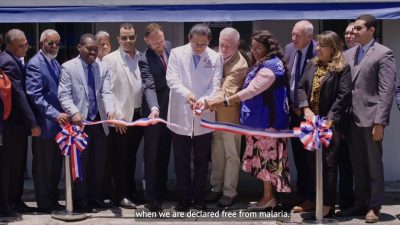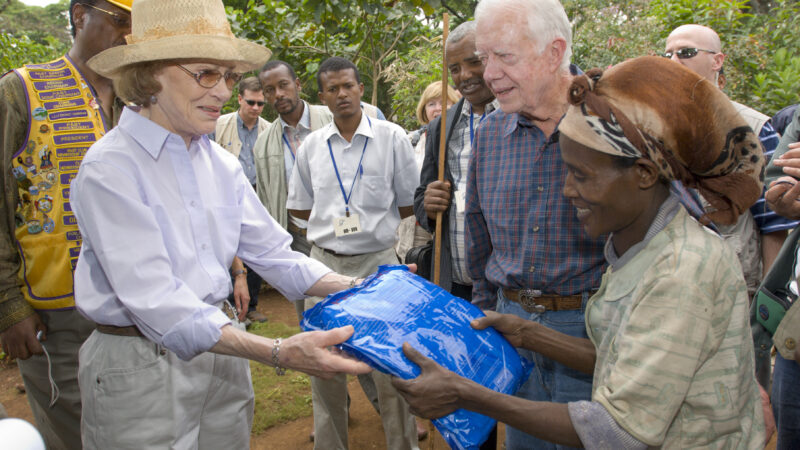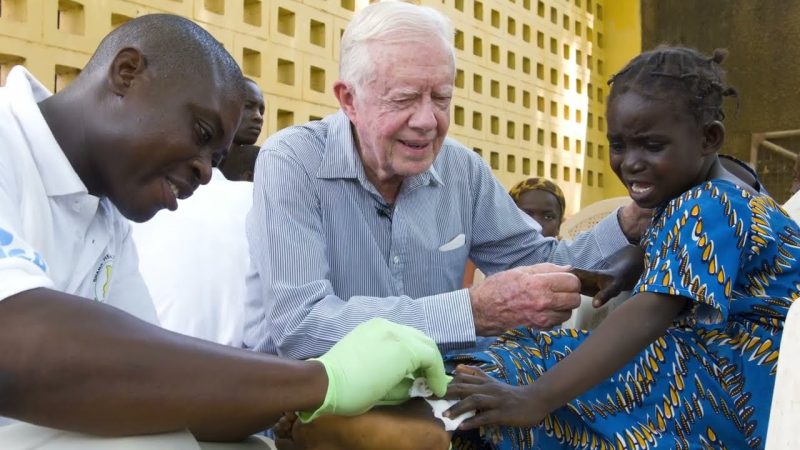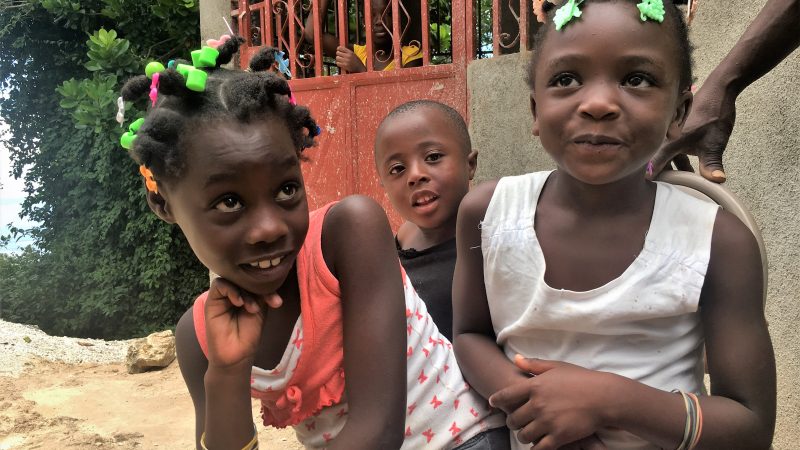
Malaria
- Health
- Malaria
We work with the ministries of health in Haiti and the Dominican Republic to eliminate transmission of malaria on the countries’ shared island, Hispaniola.
What is Malaria?
Malaria is a potentially fatal mosquito-borne parasitic disease, widespread in tropical and subtropical regions. Transmitted by female Anopheles mosquitoes, malaria parasites inhabit and destroy a person’s red blood cells following an initial 10- to 14-day developmental period in the liver. Symptoms include fever, intense headaches, vomiting, body-shaking chills, and other flu-like symptoms.
Without treatment, malaria can lead to anemia, hypoglycemia, cerebral malaria, coma, and death.
REAL LIVES, REAL CHANGE
Banking on End of Malaria
Maria de los Santos knows what it’s like to suffer through malaria. When she had a bout of the mosquito-borne illness, she weathered fever, chills, and a less common symptom of severe itching, all while continuing to work.
She operates a tiny community bank in the Dominican Republic city of San Juan de la Maguana. And despite being sick with a potentially fatal disease, she powered through, keeping the bank open, so she could look after her family.
Today, she takes comfort knowing that The Carter Center is working with the Dominican Republic and Haiti to eliminate the tropical disease on Hispaniola, the Caribbean island the two countries share.
“I am happy,” she said, “because then neither my family nor I, nor my neighbors, will ever be sick with it again.”
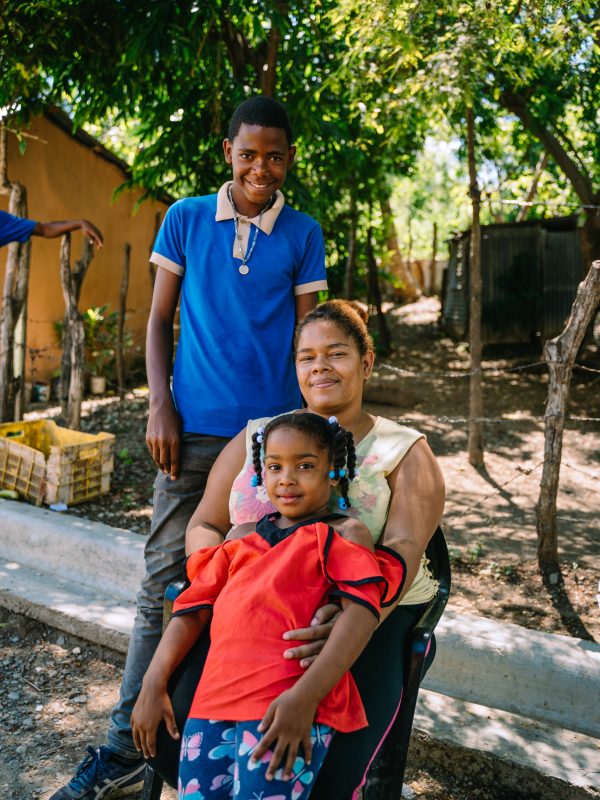
How Widespread is the Disease?
Malaria kills approximately 600,000 people each year, mostly children, with about 250 million cases of the disease reported worldwide.
Hispaniola, where the Center’s malaria work is focused, remains the only island in the Caribbean that has not yet eliminated the disease.
Most areas within Haiti were historically at risk for malaria transmission. In the Dominican Republic, malaria predominantly occurs in areas along the border with Haiti and in rural areas with high concentrations of migrant laborers.
In 2024, there were 39,837 confirmed malaria cases reported on Hispaniola, representing a 54% decrease since 2010. In 2024, the Dominican Republic reported 1,246 malaria cases, a decrease of 50% since 2010. In 2024, Haiti reported 38,591 confirmed cases, a decrease of more than 54% since 2010.
Research & Expertise
Explore insights from Carter Center experts and partners on the fight against malaria, with articles and publications highlighting strategies, research, and progress toward elimination.
Our Strategy

By the Numbers
39K+
Number of confirmed malaria cases reported on the island of Hispaniola in 2024, representing a 54% decrease since 2010.
1,246
Number of reported malaria cases in the Dominican Republic in 2024, a decrease of 50% since 2010.
Spotlight on Malaria
Global Impact Starts with You
Your support sustains the Carter Center's mission of waging peace, fighting disease, and building hope around the world.

